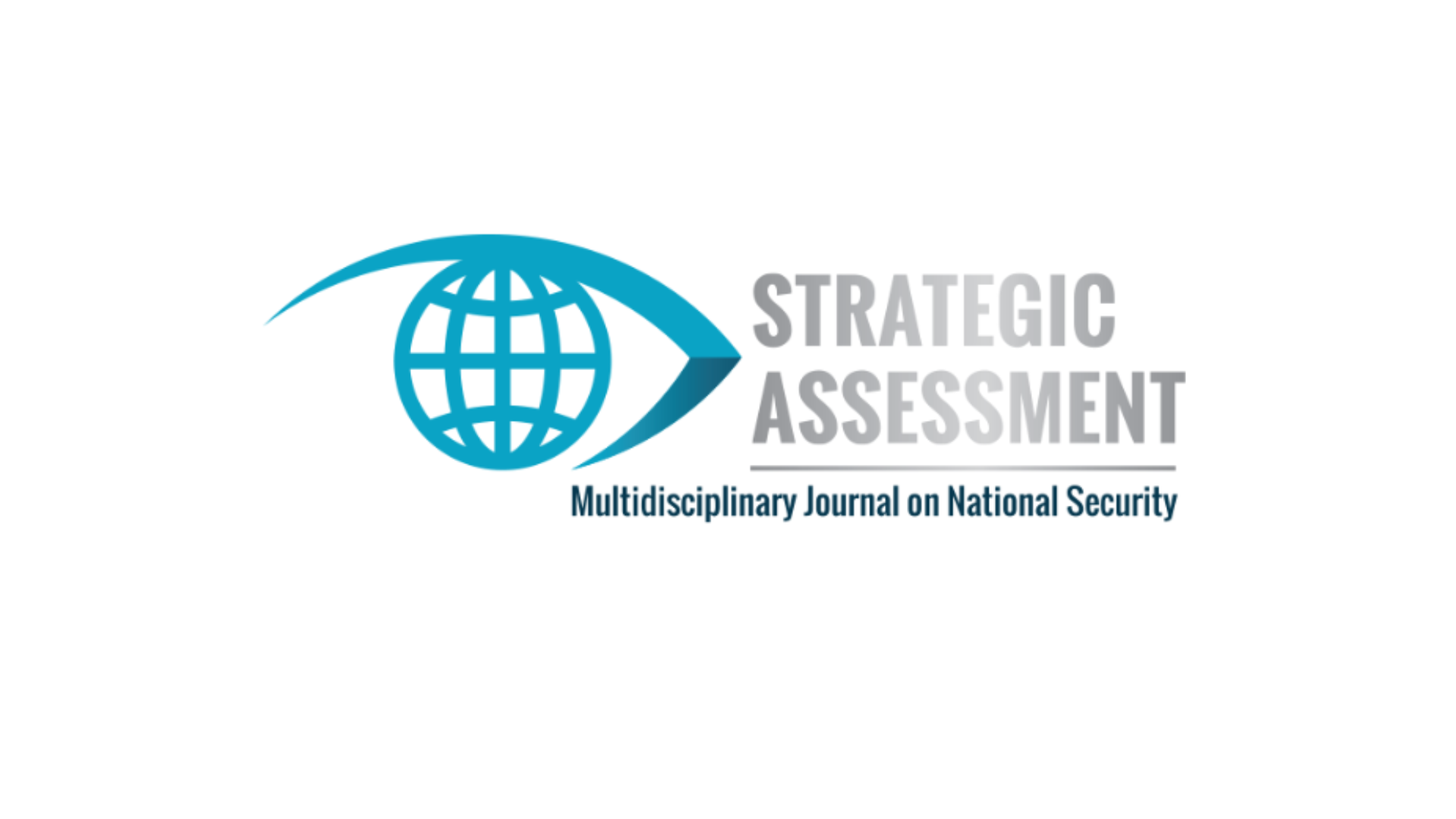Strategic Assessment

This article analyzes the regional theater amid the reality of a fading Sykes-Picot system, particularly the state-based rationale and the borders delineated by the Sykes-Picot agreement, and proposes an Israeli strategy for this new environment. With the weakening of the state framework of many Arab countries, the new regional system now comprises four nation states, i.e., Israel, Egypt, Iran, and Turkey; southern monarchies fighting for their survival; and numerous non-state actors that are filling the vacuum left by the disintegrating states. The Arab-Israeli conflict – with the notable exception of the Palestinian component – has also ebbed, and the new fault line lies between the status quo actors and those that seek to forcibly impose nonconsensual changes in reality – Iran, and to a lesser extent Turkey and Qatar, the jihadists, and some of the Palestinians. Israel, as an actor with limited resources and few capabilities in the political engineering of third parties, must focus on a defensive “wall strategy.” However, the new reality also enables unprecedented cooperation with regional players, including in the effort to contain Iran. Yet at the same time, Israel must build up its force for a possible direct confrontation with Iran.


